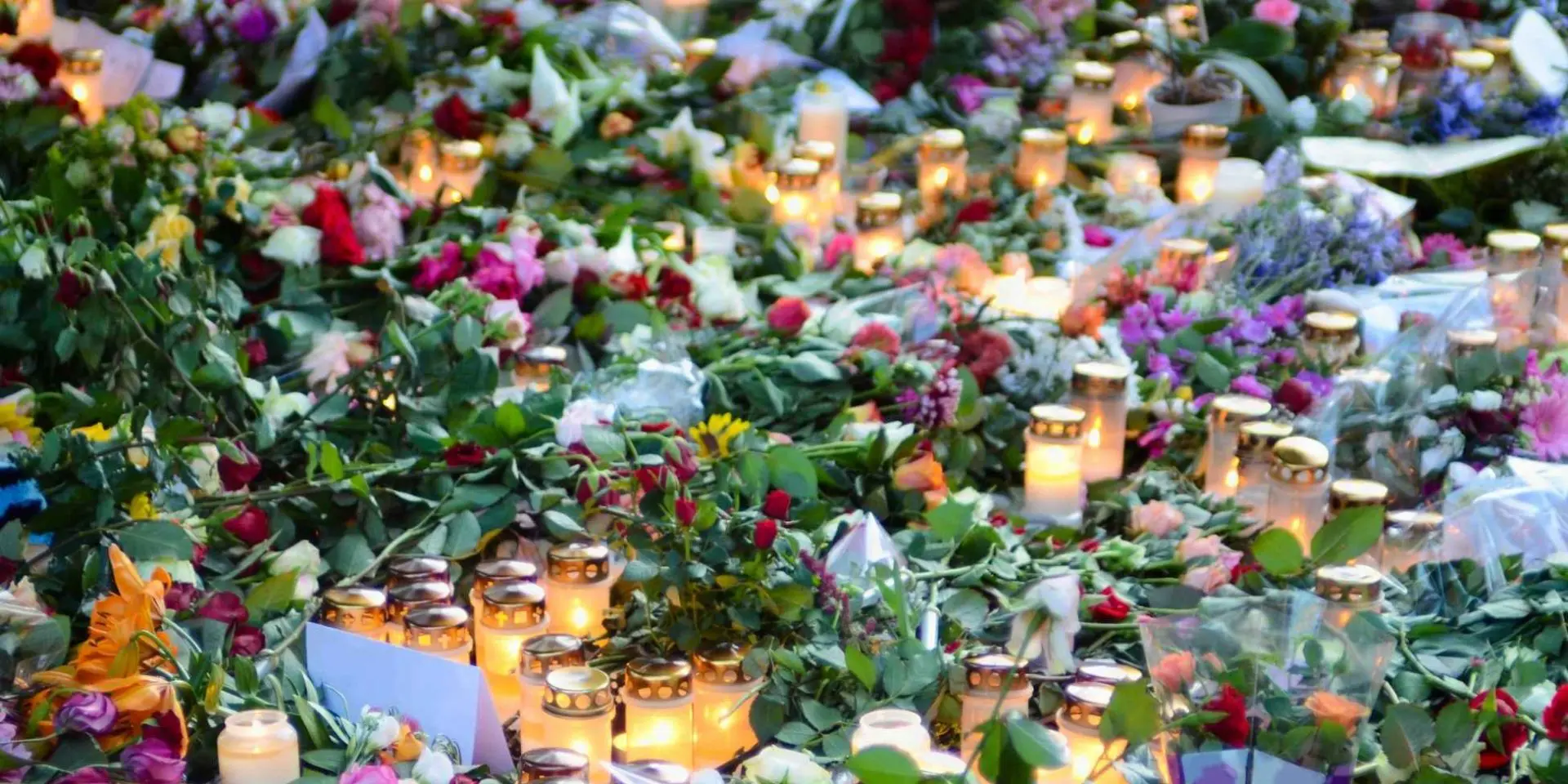The death of a public figure can significantly affect children, as well as adults. This could be their first experience of death and have trouble understanding it, or maybe this brings up difficult feelings about their previous bereavement again.
The child or young person you are supporting may have idolised the person who has died and perhaps watched them on TV or online regularly, which might make them feel a strong connection to the celebrity. It’s completely normal and valid to feel upset when someone famous dies, and if the child or young person has also been bereaved by someone important in their family or community, their emotions may be heightened by learning about the celebrity’s death.
After the death of a celebrity, the news and social media will be talking about it, so it’s important to know how to talk to a child or young person you’re supporting.
Grief can hit you at random times from seemingly irrelevant events. One event that you may have noticed recently is the passing of someone in the public eye, especially if it is an individual you looked up to. Their passing and the resulting outpour on social media may be a reminder of your grief and emotions. You may be casting your mind back to those first few weeks when the person you loved died and feeling all the raw emotions all over again. You might find yourself empathising with their family and friends and how they are now embarking on their own grief journey like you had to. You may even be looking back at how far you have come since your loved one died. Whatever you are feeling, know that you are not alone. Even though a celebrity passing may seem meaningless, it is just as valid as other triggers, like an anniversary.
Daisy, Youth Ambassador
Here are some tips for talking to a child or young person about death and bereavement:
Use clear, age-appropriate language
Although it’s tempting to use terms like ‘gone to sleep’, ‘passed away’ or ‘lost’, this can be confusing to children who often take things literally. If they’ve gone to sleep, why can’t we wake them up? If they’re lost, why can’t we find them? Although using words like ‘dead’, ‘died’ and ‘death’ might feel blunt and harsh, these words make it easier for children to understand the finality of death.
How to explain what death is
This might be a child or young person’s first experience of death and, if they are younger, they might not fully understand what death actually means. This can be confusing and frightening for them. Our Bereavement Support Team have written this clear way to explain the concept of death:
When someone dies, their body has stopped working and they can’t be brought back to life. They are no longer able to do the things they could when they were alive, such as move or talk. When someone dies, their heart stops beating, they stop breathing, their brain stops thinking.
Be honest
Without clear information, children might ‘fill the gaps’ themselves to try and understand what is happening. If you’re able, it’s better to be open, honest and direct when talking about death. There will also be lots of information available to them elsewhere – on TV, online, overhearing conversations and playground talk. This can mean that children imagine all sorts of things about a death, which are often worse that the reality.
Let them know their feelings are normal
Whatever the child or young person is feeling, whether it’s anger, sadness, guilt, worry, confusion and more – these are all valid, normal reactions after learning about the death of someone. They may not be upset because they didn’t really have a connection to the celebrity, and that’s fine. However, if they are upset, it would be unhelpful to say something like, ‘you didn’t know them so you can’t be sad’, and, instead, reassure them that it’s okay to feel what they’re feeling because their connection is real to them.
Get support
Winston’s Wish provides support for grieving children, young people (up to 25) and adults supporting them. Please call our Freephone Helpline on 08088 020 021 (open 8am-8pm, Monday to Friday), use our live chat or email ask@winstonswish.org
If you need out of hours mental health support, text WW to 85258 to speak with someone from our trusted partner, Shout. For urgent support in a crisis, please call 999.


How to talk to children about death
Bringing up the topic of death with children and young people can be difficult and feel uncomfortable, but it’s important to have these conversations. To help, we’ve put together a guide to support you in talking about death to the young people you are supporting.

Talking about sudden death with children and young people
When someone in your life dies, feelings of grief can be overwhelming. These feelings can be even more difficult to handle if the death is sudden, traumatic or violent. We’ve put together some tips and advice to starting conversations around sudden death, so you can better support the children and young people in your life.


